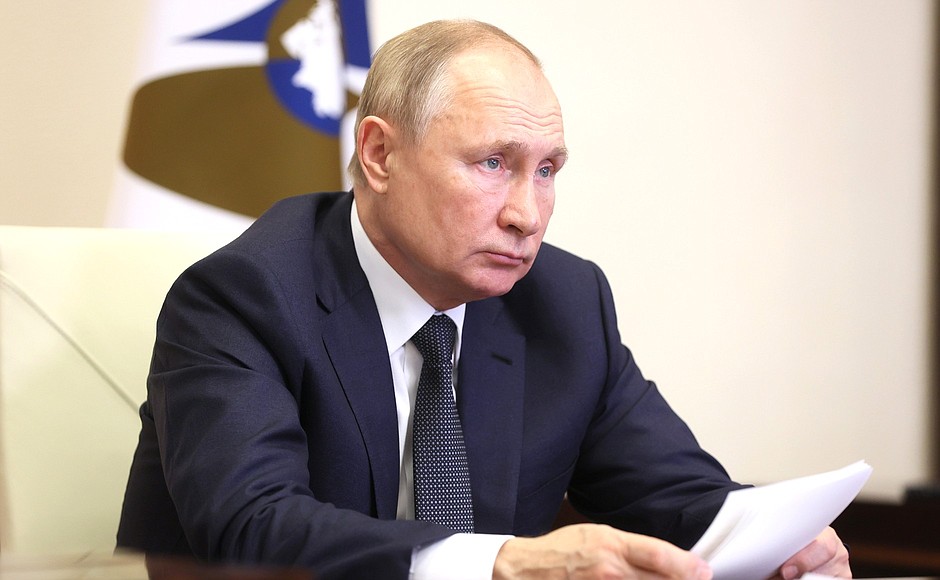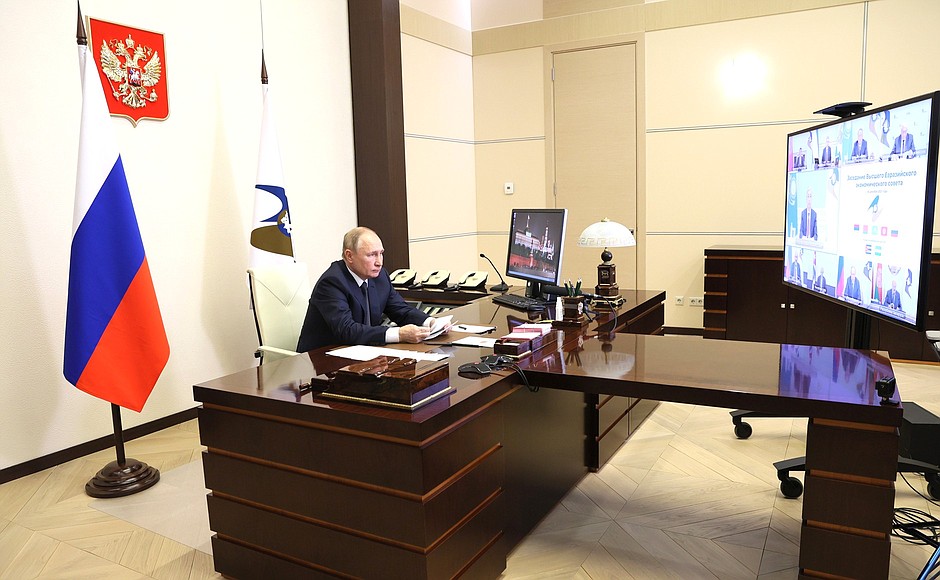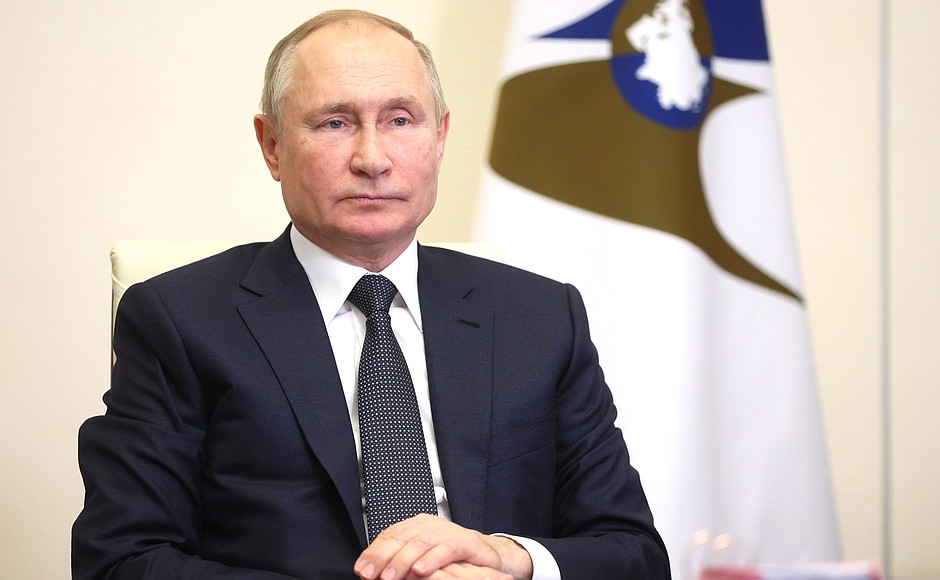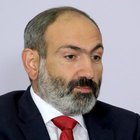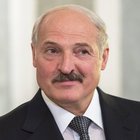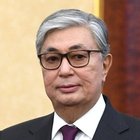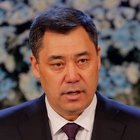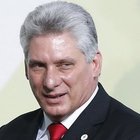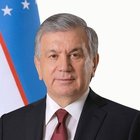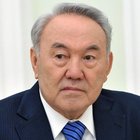Also taking part in the meeting were Prime Minister of Armenia Nikol Pashinyan, President of Belarus Alexander Lukashenko, President of Kazakhstan Kassym-Jomart Tokayev and President of Kyrgyzstan Sadyr Japarov; heads of the EAEU observer states – President of Cuba Miguel Diaz-Canel Bermudez and President of Uzbekistan Shavkat Mirziyoyev; Honorary Chairman of the Supreme Eurasian Economic Council Nursultan Nazarbayev, Chairman of the Board of the Eurasian Economic Commission Mikhail Myasnikovich, Chairman of the Executive Committee and Executive Secretary of the Commonwealth of Independent States Sergei Lebedev, and Chairman of the Board of the Eurasian Development Bank Nikolai Podguzov.
The participants adopted a package of documents following the meeting. In particular, they adopted agreements on the use of navigation seals to track shipments in the Eurasian Economic Union and on audit activities within the EAEU. A number of decisions were also taken, including on the formation of a free trade zone between the EAEU and the Islamic Republic of Iran, the areas of the EAEU’s international activities for 2022, observer state status in the EAEU, and the functioning of a common services market.
* * *
Speech by the President of Russia at the Eurasian Economic Council meeting
President of Russia Vladimir Putin: Mr Tokayev, colleagues, friends,
Like the speakers before me, I would like to thank our Kazakhstani friends for their work during Kazakhstan’s chairmanship in the Eurasian Economic Union this year.
I want to stress that I have seen and I know how personally engaged the President of Kazakhstan is in this work. He devotes a great deal of his time to it.
Despite the difficulties caused by the coronavirus pandemic and the volatility of global markets, our cooperation within the EAEU has been quite productive.
Indeed, I would like to confirm once again the words of our Kazakhstani colleague. The First President of Kazakhstan Nursultan Nazarbayev was the one who initiated this union. I remember very well his telephone call when he asked me several, should I say, sacramental questions about Russia’s priorities for the nearest future. We agreed that creating an integration union would be the priority for both Kazakhstan and Russia. We had discussed it before. Belarus and even Ukraine were ready to join it. It did not work out with Ukraine although the Ukrainian leaders at the time expressed their intention to join us.
Nevertheless, thanks to the First President of Kazakhstan, this process started to develop and today, we can see that it was the right thing to do, during this difficult period for the entire global economy and for our economy as well. We can see that, thanks to our joint efforts, we also managed to increase mutual trade, despite all the difficulties. Over the nine months of this year, the trade between the EAEU members increased by around 16 percent, according to Mr Tokayev, and by 10 percent compared to 2019, before the coronavirus, according to our statistics. At any rate, it is a good result. Mutual investment, the financial sector and the labour market are also showing steady growth.
I would also like to point out with satisfaction that the improvement of the EAEU legislation is ongoing. It is being adjusted to the new challenging tasks of our integration development. Our countries’ economic ministries and agencies are working actively with the Eurasian Economic Commission to identify and remove obstacles to the free movement of goods, services, capital and workforce, which the First President of Kazakhstan has mentioned in his statement today.
New major steps, or rather a big step will be made in this direction today in connection with a large package of amendments to the Treaty on the Eurasian Economic Union that has been prepared and submitted for our approval. The goal of these amendments is to fill in the existing gaps in the legal regulation of our economic activity in the EAEU space. Russia was directly involved in drafting these amendments, and we certainly support their adoption.
We also support the draft joint documents on the further development of our common services market, including in the construction, audit and evaluation sectors.
In addition to this, today we are expected to approve an agreement on the use of electronic navigation seals in the EAEU, which has been drafted at Russia’s initiative. I would like to repeat what we said on this score several years ago: I fully agree with our colleagues, who have spoken about this just now, that these seals allow us to monitor cross-border cargo transportation, guarantee the safety of goods, and simplify border clearance procedures. Incidentally, this will also greatly alleviate the concern of many other countries, which are watching the activities of our Union and have observer status in it.
The use of such seals will certainly enhance the transparency of customs operations and will have a positive impact on the development of the transportation services sector in the EAEU. Our colleague from Kyrgyzstan has said this just now, and I fully agree with him. It is also important that this will make our transit routes more attractive for the movement of goods between Europe and the Asia-Pacific.
Russia has several other proposals on how to ensure the transparency of the EAEU goods and services markets, and we hope they will meet with the support of our integration partners.
In particular, we are talking about a broader introduction of goods-marking mechanisms that are already in use for certain items. This practice has proven its effectiveness in addressing such tasks as combating illegal trade, especially in the consumer sector, increasing tax revenues to the budgets of the member countries, and creating a competitive environment for businesses.
The Russian side is also consistently promoting the further expansion of mutually beneficial industrial cooperation within the EAEU, as the President of Belarus has said today.
This year, a comprehensive strategy of industrial cooperation between the EAEU member countries and the roadmap to implement it have been approved. These mutually complementary documents lay the foundation for deepening cooperation ties between production enterprises of our states and accelerating the import substitution process within the Union.
Efforts to combat the coronavirus infection encourage our countries to establish closer partnership in the pharmaceutical industry and in medicine in general.
I remember when the Prime Minister of Armenia initiated our joint work in this area and even proposed an entire programme in this context. In fact, we are implementing it right now.
In line with the instruction that we gave as part of our meeting last December, most EAEU states have established the production of Russian vaccines. At the same time, I would like to stress that Russia has not only invested in industrial capacities and new jobs, but also organised the transfer of the most advanced biomedical technologies.
This way our EAEU partners managed to speed up the vaccination of their population with highly effective medicines – produced locally, let me stress this. Thanks to this, collective immunity to COVID-19 is increasing throughout the Eurasian space. This is important for creating conditions to fully resume the free movement of our people across the Union.
The implementation of another joint project in the field of innovation and information technology, I mean the smartphone mobile app Travel without COVID-19, also helps in resuming the movement of people during the pandemic. By the way, in addition to the EAEU, it is used in other countries, too: Azerbaijan, Moldova, Tajikistan and Uzbekistan. We suggest carrying on the work to improve its functions and expand the locations of its use.
There are also other highly relevant and important areas where we need to boost cooperation between the EAEU member states, such as the climate agenda and the green transformation of the economy. My colleagues just spoke about that.
By the way, at Russia’s initiative, a special high-level working group was formed to coordinate our positions regarding counteracting greenhouse gas emissions and reaching carbon neutrality and protecting the environment. We count on the further constructive work with our EAEU partners in this area. I know that all of you, colleagues, are involved one way or another in this work. I suggest we act more consistently and actively in this field.
I am pleased to note that observer states are joining the activity of the Eurasian Union more actively; we already spoke about it today and I heartily welcome our colleagues from Cuba and Uzbekistan. By the way, Moldova also showed interest in this. They have the opportunity to take part in the activity of the integration agencies at all levels, learn about the process of preparing integration documents and using them to implement the decisions made.
We know how the energy situation in Europe is developing. Moldova could have been closer to dealing with some issues and probably it would have been easier for it to deal with new ones if it were up to speed on all the developments and the decisions we make. But we have come to an arrangement, proceeding from common interests, and dealt with those issues. But it is a fact, if they had the information, it would be easier for them to solve some problems we are talking about now.
In addition, the EAEU integration attracts the attention and interest of other foreign states. In particular, a flexible system of interaction between our Union and the member states of such integration associations as the Shanghai Cooperation Organisation and ASEAN has been developed.
Talks are underway with Iran on signing a full agreement on free trade; we already spoke about it today. We have also agreed with Iran to extend the existing interim agreement to three years or until the permanent agreement on free trade comes into force. The implementation of this document will bring good results, I am sure.
I also want to emphasise that Russia supports the boosting of international business ties and contacts of the Eurasian Economic Union, as well as the further expansion of the range of preferential and non-preferential agreements with other countries. And, of course, we also support the presented draft resolution on this issue.
From this perspective, I want to note that our Kyrgyzstani friends, who will hold the chairmanship in the Eurasian Union next year, will face truly serious and demanding challenges. Of course, Kyrgyzstan can count on Russia’s every possible assistance.
Thank you for your attention.
